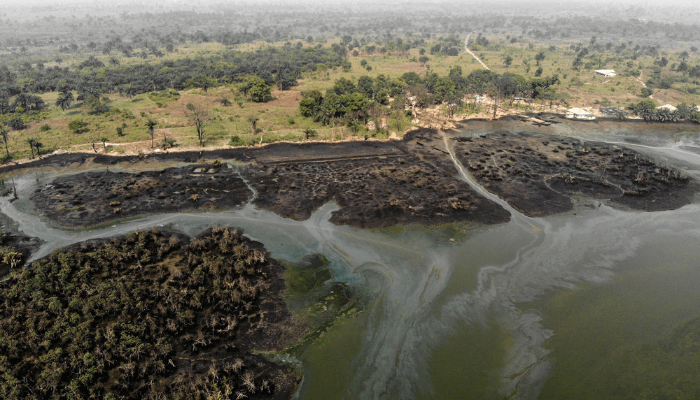The Foundation for Partnerships Initiatives in the Niger Delta (PIND) and the Ford Foundation have announced the conclusion of the Bridges Project, a four-year initiative aimed at strengthening the implementation of Host Community Development Trusts (HCDTs) under the Petroleum Industry Act (PIA).
The closure was marked by a two-day high-level stakeholders’ dialogue forum themed “Four Years of the PIA: Lessons, Gains, and the Path Forward for Host Community Development Trusts (HCDTs),” that convened over 150 participants, including government officials, regulators, settlors, civil society actors, and community leaders.
Speaking at the forum, PIND executive director Sam Ogbemi Daibo said the initiative had underscored the importance of collaboration in achieving sustainable development outcomes. “The success of the PIA, and particularly the HCDT model, depends not just on compliance, but on collaboration, trust, and shared accountability. The lessons learned provide a roadmap for strengthening partnerships, deepening community engagement, and sustaining host community development,” he said.
The forum also featured the presentation of the Bridges Project Status Report, which highlighted progress in raising awareness of PIA provisions, fostering stakeholder collaboration, and developing models for participatory governance.
Launched in 2023, the Bridges Project provided a platform for dialogue and collaboration among regulators, settlors, and host communities. Through its Multi-Stakeholder Platform (MSP), the project sought to enhance transparency, build trust, and promote accountability in the administration of HCDTs; a central mechanism of the PIA designed to ensure host communities benefit directly from extractive activities.
In her keynote address, Omolade Awah, manager of Host Community Development Administration at the Nigerian Upstream Petroleum Regulatory Commission (NUPRC), commended PIND and the Ford Foundation for promoting evidence-based engagement. She noted that the HCDT framework is already delivering tangible benefits across the Niger Delta, including infrastructure projects, human capital development, and improved community trust.
Linus Nkan, Akwa Ibom State commissioner for Budget and Economic Planning, emphasized that the success of HCDTs depends on “shared accountability, trust, and continuous learning,” calling for wider adoption of the model across all Niger Delta states.
As the Bridges Project closes, PIND and the Ford Foundation reaffirmed their commitment to sustaining the gains of the MSP, supporting capacity building for HCDTs, and advancing a future where peace and prosperity in the Niger Delta are community-owned and sustainable.

